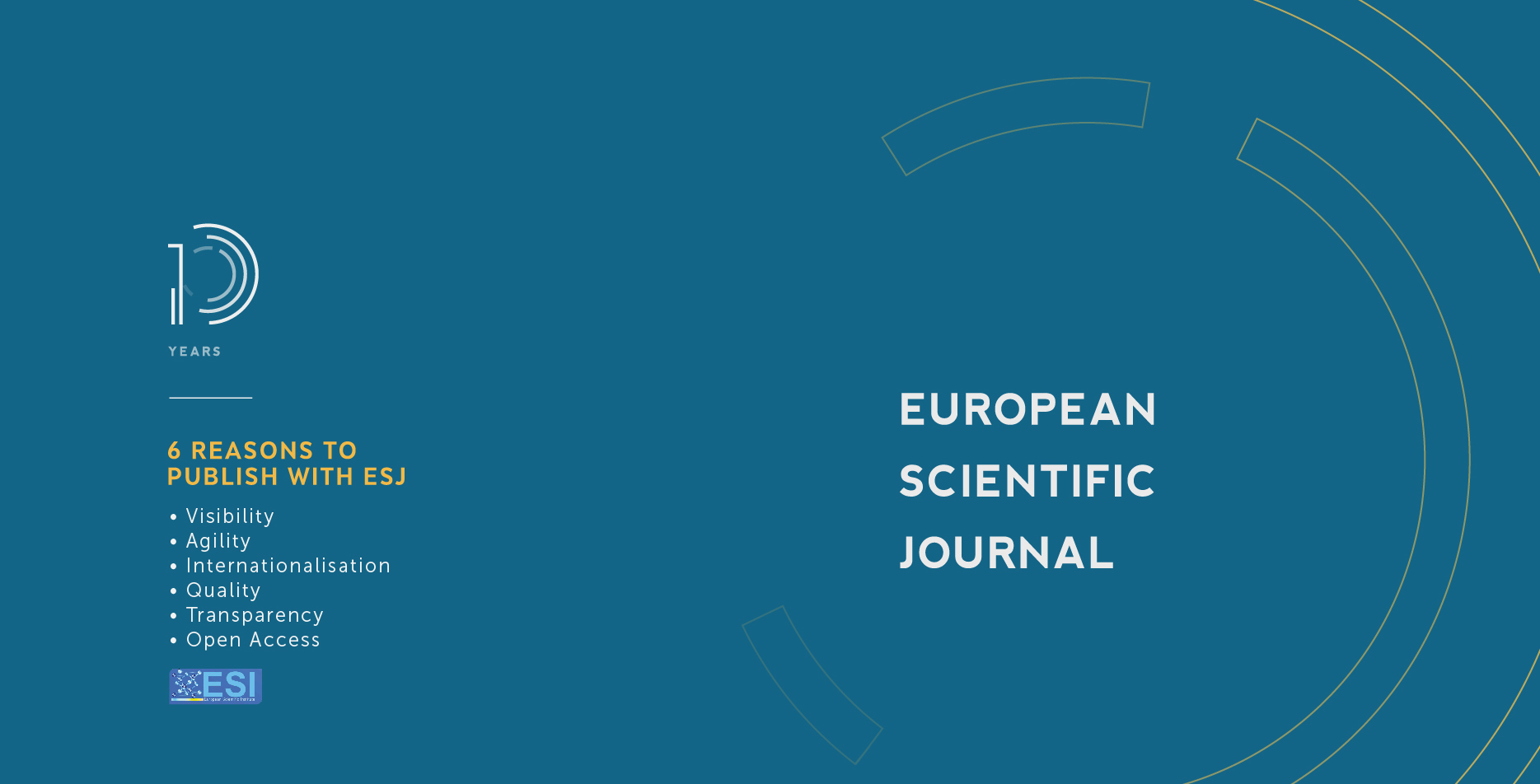Rural Tourism Business as an Economic Instrument for the Development of Economically Backward Regions
Abstract
The disease COVID-19 caused by the virus SARS-CoV-2 has initially disrupted the Chinese economy after the first cases were reported in December 2019 in Wuhan city in Hubei province of China. The virus continued to spread throughout the rest of the world. This spread of the virus led to the official designation of the COVID-19 pandemic by the World Health Organization (WHO) in late February 2020, which resulted in the disruption of these economies due to the stringent lockdowns and restrictions in travel disease's evolution. The disruptive economic impact is highly uncertain, making it difficult for policymakers to craft an appropriate policy response to these macroeconomic disruptions. To better understand possible economic outcomes, this paper explores the use of the machine learning approach LSTM to assess the economic forecast in some selected countries. The empirical results from this paper demonstrate that there are temporary disruptions in macroeconomics in the short run and these economies rebound. The recovery of each selected country may be different as the forecast would imply.
Downloads
PlumX Statistics
References
2. Barke, M. (1994). A new rural development initiative in Spain: the European Community's "Plan LEADER' , Researchgate.
3. Caalders Janine (2003). Rural Tourism Development a Network perspective,Uitgeverij Eburon Delft.
4. Cavley, M., Gaffey, S., & Gillmour, D.A. (2002). Localization and global reach in rural tourism: Irish evidence. Tourist studies , 63-86.
5. Derek Hall, Irene Kirkpatrick, & Morag Mitchell (2005). Rural Tourism and sustainable business. Channel View Publication, 17-41.
6. Edda Espeland (2016). 55 Eksotiske hoteler i Norge, Praktbokforlaget.
7. Frater, J.M. (1973). Farm Tourism in England –planning, funding,promotion and some lessons from Europe.Tourism Management. 167-179.
8. Hanen. Medlemsfordeller (2016). https://bli-medlem.hanen.no/Hanen. Vedtekter For Norsk Bygdeturisme og Gardsmat. https:/
9. Hall, D., Roberts, L., & Mitchel, M. (2005). New direction in Rural Tourism. ASHGATE.
10. Hall, D., Kirkpatrick, I., & Mitchel, M. (2005). Rural Tourism and Sustainable Business, Chanel view publication.
11. Hodne, T. & Rosendahl, T. (2000). Innforing I internasjonal markeds-foring-Globalisering, Capelen Akademisk Forlag.
12. John Egeland, O. & Solberg, T. (2007). Arven som lever, Dinamo publishing house
13. Lenkovics, B., Kalmar-Rimoczi, C., & Belane, V. (2014). The Effect Of The 10-Year Eu Membership Of Hungary On The Development Of Tourism In The Subregions Of Nógrád County Part 2: Rural Development. European Scientific Journal, ESJ, 10
14. Selnes F. (1993). Markedsundersokelser. Engers Boktrykkeri AS Otta.
15. Temirbulatova, M. & Borza, M. (2015). Multifunctional Development Of Rural Areas Of Kazakhstanwith The Application Of The Unified Model Of Tourism In The Context Of Sustainable Development And The Green Economy. European Scientific Journal, ESJ, 11
16. Wanda George, E., Heather, M., Dondal Reid, G. (2009). Rural Tourism Development. Localism and cultural change. Chabel view publications)
17. Xarba, B. M. & Shehu, H. (2014). Rural Tourism, A New Alternative For The South Of Albania. European Scientific Journal, ESJ, 18.
Copyright (c) 2022 Salome Bestaeva

This work is licensed under a Creative Commons Attribution-NonCommercial-NoDerivatives 4.0 International License.








